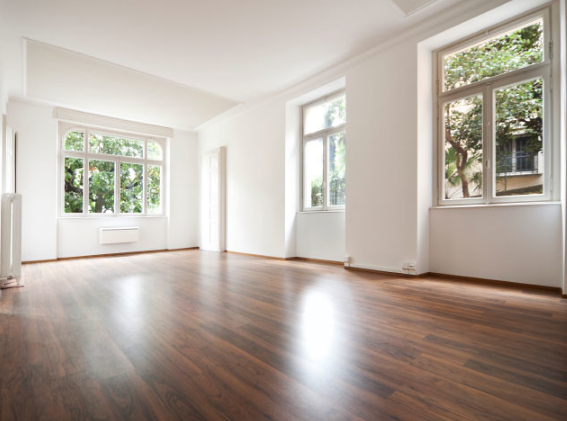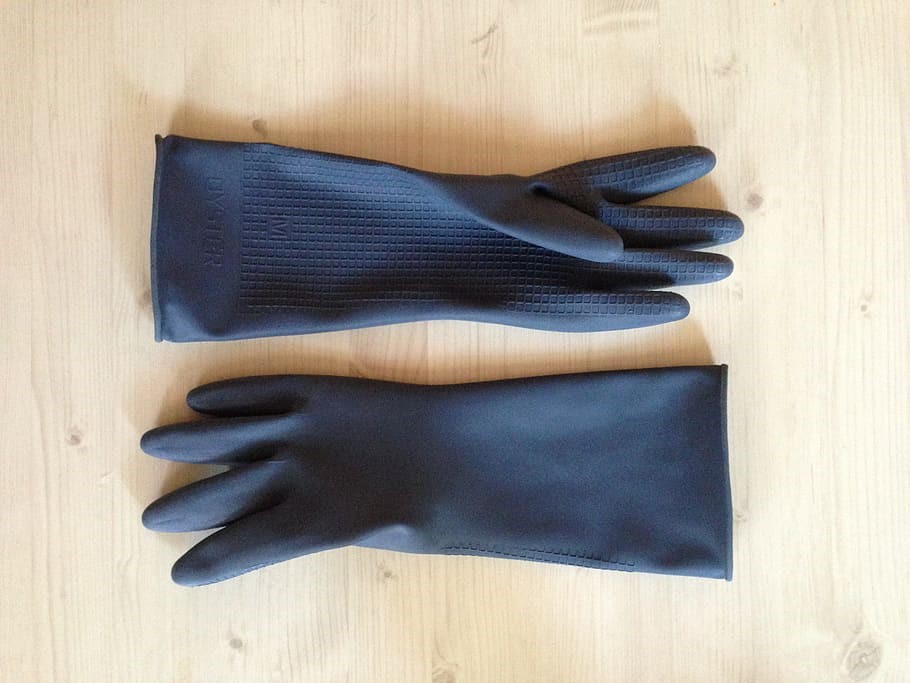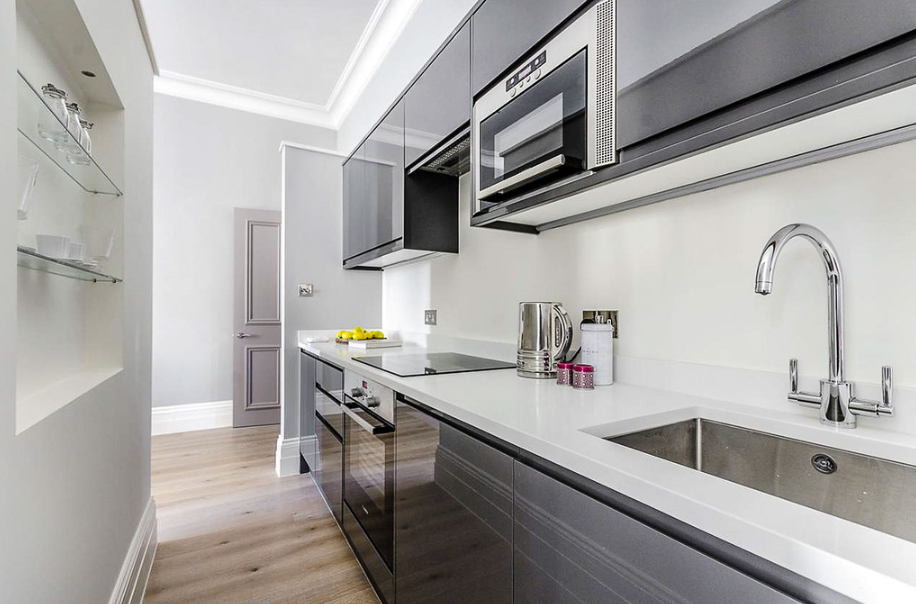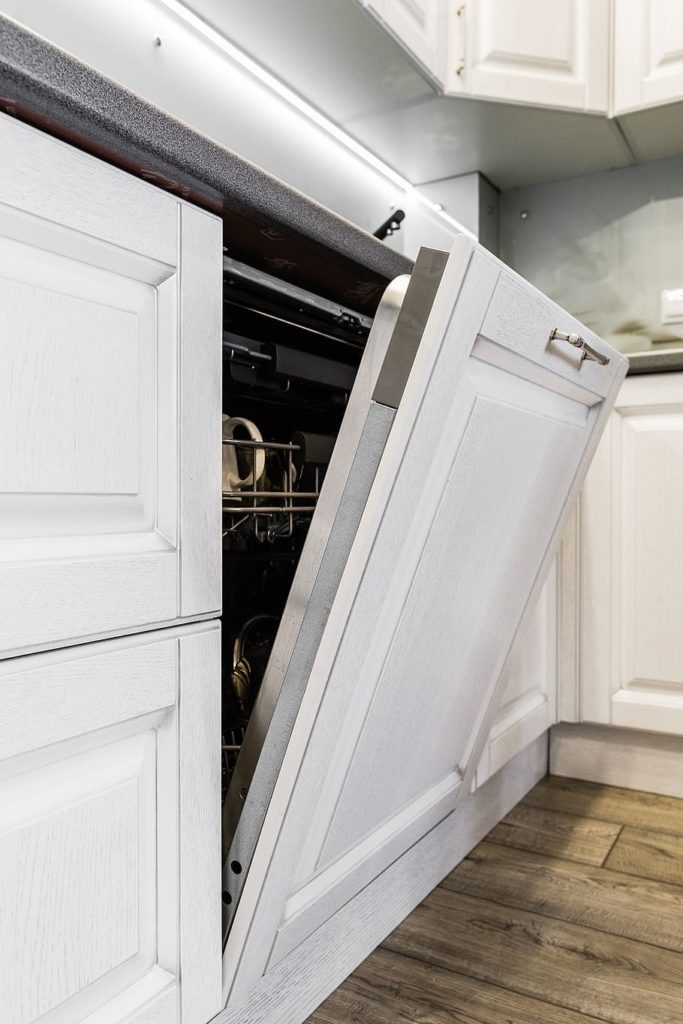
There are some investments where an investor can buy an asset and forget it until they are ready to liquidate it. Investment real estate is not one of them; the success of a rental property depends on how well owners maintain their assets.
The quality of care that goes into a rental influences how much short- and long-term value the investor derives from it. A well-maintained property is more likely to attract tenants and generate income at a steady rate. A badly-maintained property cannot. A well-maintained rental will experience growth in its value. A poorly-maintained may not.
Why rental property maintenance matters

Contrary to what some landlords think, rental property maintenance is not just a nice thing to do for the sake of tenants. It is more about protecting a landlord’s assets and preserving their business.
Adequate maintenance helps a property retain and boost its value. Poor maintenance, on the other hand, will lead to the collapse of a rental property business, warns T-Square Management in King County. It will result in the home depreciating at a faster rate. This will push its operating cost higher, and make it less attractive to tenants. Overall, the owner will spend more on the home than they are making from it.
The effect of this will be that the rental is unable to sustain itself. Instead of producing enough cash to pay the mortgage and cover maintenance costs, the owner must pay out-of-pocket to keep it running. In a nutshell, the property becomes a drain on the owner’s resources.
If this continues, the landlord will have only one option; sell the home below its actual value to cut losses. If he or she doesn’t do this, they must go further into debt to try and resuscitate the property. Whatever the case, poor maintenance would have caused the landlord’s investment to fail.
How regular maintenance increases property value

Good rental property maintenance is a business strategy; it is the landlord’s strategy for keeping the value of their asset under control. This strategy has three parts: keeping costs under control, improving income, and increasing asset value.
Firstly, it allows owners to keep high operational costs at bay, while also helping them to attract tenants who are willing to pay a higher rent. How does this happen? By dealing with maintenance issues in a timely fashion, the landlord ensures there will not be major problems that will cost a lot of money to fix. Rather than repair damage, the owner tries to prevent them. This keeps the operational cost low and leaves the apartment in good shape.
An apartment in good condition will in turn attract tenants who want higher standards and are willing to pay for it. Renters want to rent and retain a home that makes their lives easier. If a tenant knows they can get more from an apartment, they are willing to pay a higher rent for it than they are willing to pay elsewhere. Effectively managing their property allows owners to charge higher rents. This means that while the landlord is minimizing costs, they are also maximizing income.
Thirdly, good maintenance allows the owner to slow or even reverse the effects of natural wear and tear on the property. By repainting at the right time they ensure that the home’s walls are protected. By monitoring the home’s plumbing systems, they can avoid mold, mildew, and other water-related problems. The total effect of the owner’s efforts is that the home retains its quality and even appreciates in value. Eventually, when he or she is ready to sell the asset, the landlord can capitalize on its superior condition to demand an above-average price.
How to maintain a property for increased value
1. Improve its appearance

The aesthetics of a home is critical, because people judge a home by how it looks, beginning from its exterior. Prospective tenants view a property through the eyes of their future visitors. If they think visitors will not be impressed, they may not rent the home. Making a home attractive does not have to be expensive; it often only requires paying attention to the small things.
2. Preventative maintenance
This keeps expenses lower and provides better living conditions for tenants. Happy tenants will be more likely to stay longer. Preventative maintenance means a comprehensive system of regular inspection and repairs, as well as, periodic professional cleaning of the home.
3. Attractive working appliances

Some tenants value good appliances as much as they value the security of a home. Outdated and inferior appliances break down more often and need replacement sooner. A property owner does not really save money by installing low-quality appliances in their unit. However, there is a chance for landlords to earn cash rebates when they purchase energy-efficient home appliances with the ENERGY STAR logo.
4. Reliable security
Keeping locks and seals in their best condition is important or the people living in a rental will not remain. Security must be done to the satisfaction of tenants, not the property owner’s. Having a professional look at a home’s security issues is recommended.
5. An energy-efficient home
Landlords should ensure the home is properly insulated and well-ventilated. It must be able to keep cold air out during winter and retain cooled air in summer. And it must do this in an efficient manner that doesn’t leave tenants with high energy bills. Renters are more likely to remain in a home that is comfortable and inexpensive to run.
